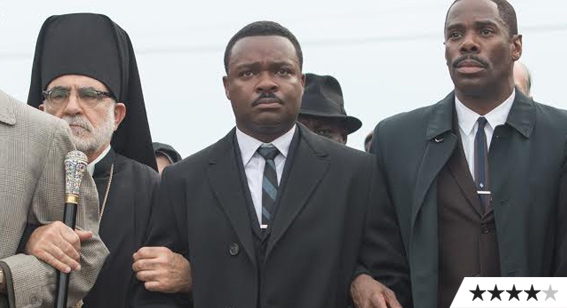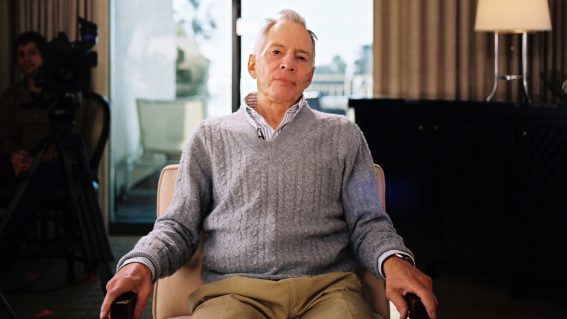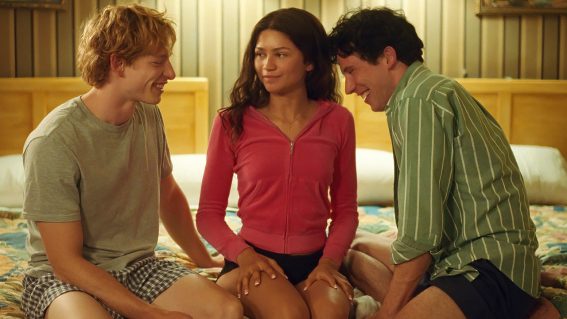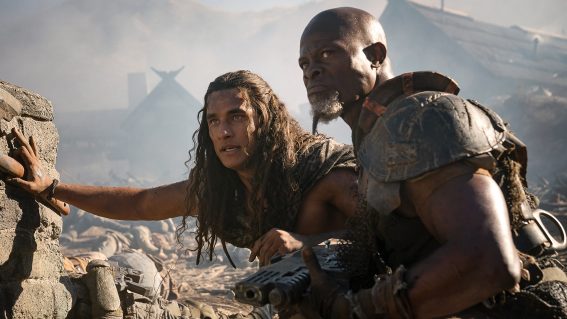Review: Selma

Don’t write this off as a cynically-pitched, Oscar-bait prestige pic, because in terms of heavyweight history and cinematic clout, Selma delivers. Focusing firmly on the brief but vital period between 1964 and 1966, the film follows Dr. Martin Luther King and the US Civil Rights movement’s campaign of peaceful resistance. The action centres on what King termed “a massive demonstration of moral certainty” – the march from the city of Selma to Alabama state capital, Montgomery, in support of the right for all, regardless of skin colour, to register as voters.
Paul Webb’s screenplay hones in on the central figure in the midst of the historical tide, peacefully but emphatically defying “the illusion of supremacy”. Director Ava DuVernay retains a firm grasp throughout, balancing the epic and intimate, personal and political. Anchoring the whole, David Oyelowo avoids two dimensional impersonation with his performance, lending Dr. King depth – flaws, ego, uncertainties and all. The film highlights MLK’s oratory skills, and savvy understanding of the power of mass media to mobilise a nation, whilst drawing powerful parallels with today’s USA, in which poverty equates to inequality.
The supporting cast (Tom Wilkinson, Tim Roth, Martin Sheen, Cuba Gooding Jr, Oprah Winfrey, Giovanni Ribisi, Common, and the powerful Carmen Ejogo, as King’s wife, Coretta), shine throughout. Some may find the two-hour runtime, King’s lengthy speechifying, the no-frills direction and conservative pacing make for a plodding history lesson. But, for me, Selma’s concise writing, assured direction, superb acting, and Bradford Young’s exquisite cinematography, combine to make for powerful drama and a timely reminder that any civilised society excluding citizens on the grounds of prejudice is neither democratic nor civilised.















